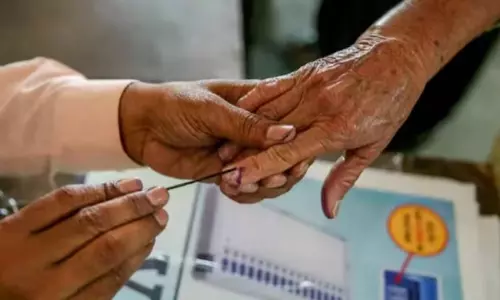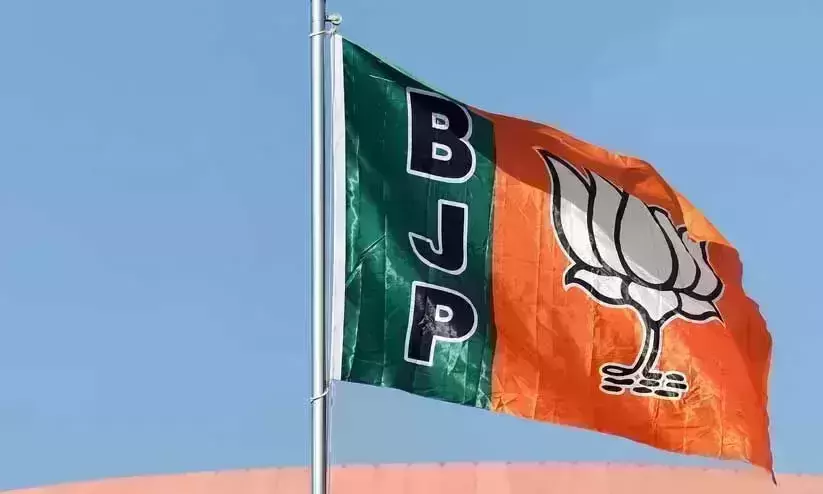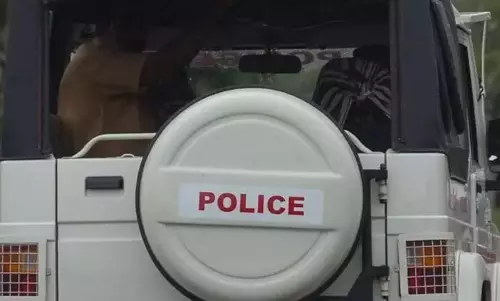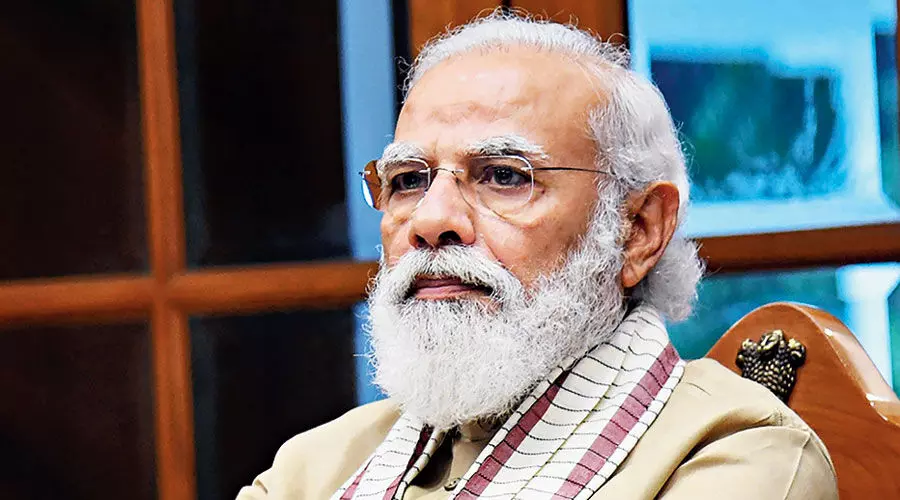
Time for Prime Minister to act on his words
text_fieldsOn the occasion of the 46th anniversary of the declaration of the Emergency by the Indira Gandhi government on June 25, Prime minister Narendra Modi tweeted "The dark days of Emergency can never be forgotten. The period from 1975 to 1977 witnessed a systematic destruction of institutions. Let us pledge to do everything possible to strengthen India's democratic spirit, and live up to the values enshrined in our Constitution." As the prime minister noted, the dark period should never be forgotten – 21 months during which the country slipped into autocracy from freedom. Democracy froze, and fundamental rights and freedom of expression came to nought. However, the natural question that arises is whether the prime minister who went eloquent about those days, which should never be allowed to be forgotten or return, is not presiding over excesses comparable to the emergency. It is for the first time after the Emergency that the 'spirit' of democracy, which he highlighted has become so weak. Human rights violations are rampant, stifling and weakening of the Opposition is quite common. Democratic rights are denied at different levels. These are not memories of four decades ago, but burning realities of the present. That is why the prime minister's references to emergency sound a bit paradoxical.
Those who perform the ritual of condemning Emergency every year, will normally be expected to abstain from such practices. True, the Modi government has not declared any emergency. But basically at the empirical level, those dark days are not far away. What typically happens in an emergency is to use the loopholes in the law meant for national security and thereby engage in arbitrary use of power. Dictators and fascists alike wreck democracy by using the very mechanisms within democracy. What is implemented in India today is to enforce the will of a small minority over the popular will and national interests and then to ensure legal protection for it. Viewed thus, this is a repetition of emergency though not officially declared so. If at that time elections were scrapped, today the credibility of elections, though regularly held, is eroded. Civic rights face a threat as much as it did then. Even disagreement and protest are classified as sedition. Opposition, which is an inalienable part of democracy, is being crushed overtly and covertly. Overturning of popular will through defections is becoming common happening. And media freedom is trampled, as it happened then, or perhaps more effectively and systematically than in those days. If LK Advani had said about the emergency that when journalists were asked to bend they crawled, today servile media outlets take sides with violation of democracy. Current circumstances are such that they testify to democracy being weaker than in the emergency era. It was the coterie of politicians and bureaucrats around Indira Gandhi who subverted democracy whereas today an sprawling deep state has captured the key functions of power. When it is not merely the IB, NIA and the Reserve Bank but even the Election Commission and the judiciary which turn the Constitution into a dead letter, , such a period is to be termed not 'Emergency' but Emergency Plus.
When citizenship is denied, statehood unjustly taken off, anti-people administrators rule the roost, mobs are let loose and those in the regime's good books given waiver from sentences and the disfavoured subjected to unlawful detention as a norm, who can say that the crash of democracy is a past tale? How can an era in which religious minorities, Dalits, farmers and the poor are forced into fear, be called an era of democracy? Even when the downtrodden are pushed to starvation worsening each day, how can the continuation of corporate plunder be seen as protection of constitutional values? What the prime minister said is true: the 'spirit' of democracy needs to be strengthened. But it has to start within the government.
























